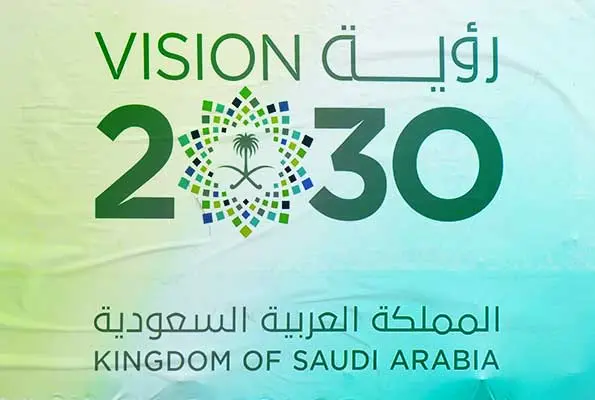Saudi Arabia is establishing itself as a leader in merging artificial intelligence with tourism, utilising advanced hyperscale data centres to create sustainable travel initiatives that could reshape global standards. Recent developments show how the kingdom is incorporating AI-driven technologies to enhance visitor experiences while reducing environmental impact, in line with its Vision 2030 strategy to diversify its economy away from oil.
According to a Travel and Tour World report, these data centres are more than just infrastructure; they serve as the foundation for smart tourism ecosystems. They enable real-time data analytics for personalised itineraries and eco-friendly route optimisation.
This initiative is part of a larger regional trend, as Saudi deserts evolve into hubs for digital innovation. Major tech companies are investing in the kingdom’s stable geology and expansive land to build resilient data facilities. A recent article by Arab News highlights that these centres provide natural advantages compared to earthquake-prone tech hubs in other regions. The application of AI extends to predictive modelling for tourism flows, which helps reduce overcrowding at heritage sites like AlUla and encourages sustainable visits during off-peak times.
AI In Tourism
At the core of this transformation is the use of AI algorithms that analyse large datasets from hyperscale centres to personalise travel experiences. For example, immersive technologies, such as virtual reality previews of destinations, enable tourists to plan low-carbon journeys, aligning with Saudi Arabia’s goal of achieving net-zero emissions in tourism by 2030.
Posts on X from industry observers, including those announcing the launch of Humain, a state-backed AI venture, highlight the rapid deployment of sovereign data centres equipped with US-sourced chips, which are expected to go live by early 2026, according to Reuters.
These innovations are already being implemented in key projects. Neom, the futuristic city, utilises IoT sensors powered by AI to monitor and manage energy usage in hotels and transportation, ensuring sustainable operations. A closer look at Travel And Tour World reveals how such integrations are enhancing market potential, with AI chatbots providing real-time sustainability scores for travel options, ranging from electric vehicle rentals to eco-friendly lodges in the Red Sea Project.
The Sustainability Factor
The environmental aspect is particularly compelling for industry insiders observing Saudi Arabia’s strategic shift. Hyperscale data centres, often powered by solar energy in the expansive desert, process petabytes of data to optimise travel logistics, thereby reducing fuel consumption for airlines and ground transport. A recent article by Arab News Japan highlighted the kingdom’s advantageous position for global tech infrastructure that promotes green tourism.
Additionally, partnerships with major companies like Amazon Web Services, as noted in posts by AWS CEO Andy Jassy, are directing billions into AI zones that will host models for smart tourism applications. These innovations include biometric systems for seamless, contactless check-ins at airports, which minimise wait times and paper waste, while AI predicts weather patterns to suggest adaptive, low-impact adventure tourism options.
What Are The Challenges
The ambitious rollout of new technology is facing several challenges. Insiders are concerned about the energy demands of hyperscale data centres, which, despite the integration of renewable energy sources, could strain resources if not managed carefully.
A report from Bloomberg News via Reuters highlights Humain’s plans to import advanced semiconductors, raising concerns about supply chain dependencies in light of geopolitical tensions.
On a positive note, Saudi Arabia’s investments are paving the way for a new era of leadership in smart tourism. As outlined in CMW, the kingdom is implementing AI across key destinations to enhance visitor experiences. This includes the use of immersive media to create virtual heritage tours that help preserve sites from the impacts of overtourism. Social media reactions from users like Mario Nawfal express excitement about these advancements, positioning Saudi Arabia as a leading example of how AI can contribute to sustainable travel.
The Future Is Now
The intersection of technology and tourism is expected to make a significant contribution to the GDP, attracting millions of additional visitors through personalised and eco-friendly experiences. The Public Investment Fund’s support for Humain, as discussed in various discussions on X, indicates a long-term commitment to AI sovereignty, ensuring data privacy for tourism applications.
Looking ahead, experts predict that Saudi Arabia will set global standards, with innovations such as AI-optimised sustainable cruises in the Red Sea leading the way.
According to Arab News, these initiatives are part of a broader strategy to establish the country as a travel hub, merging traditional elements with cutting-edge technology to create a resilient and environmentally conscious tourism sector.


